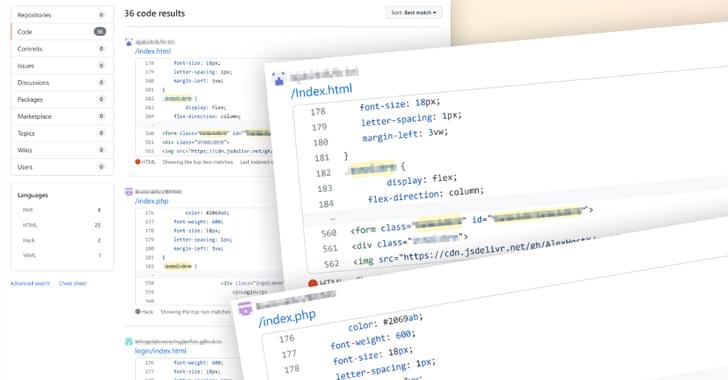In collaboration with CISA, the NSA, and the FBI, Five Eyes cybersecurity authorities have issued today a list of the 12 most exploited vulnerabilities throughout 2022.
Cybersecurity agencies in the United States, Australia, Canada, New Zealand, and the United Kingdom called on organizations worldwide to address these security flaws and deploy patch management systems to minimize their exposure to potential attacks.
Threat actors increasingly focused their attacks on outdated software vulnerabilities rather than recently disclosed ones during the previous year, specifically targeting systems left unpatched and exposed on the Internet.


 עברית (Hebrew)
עברית (Hebrew)






